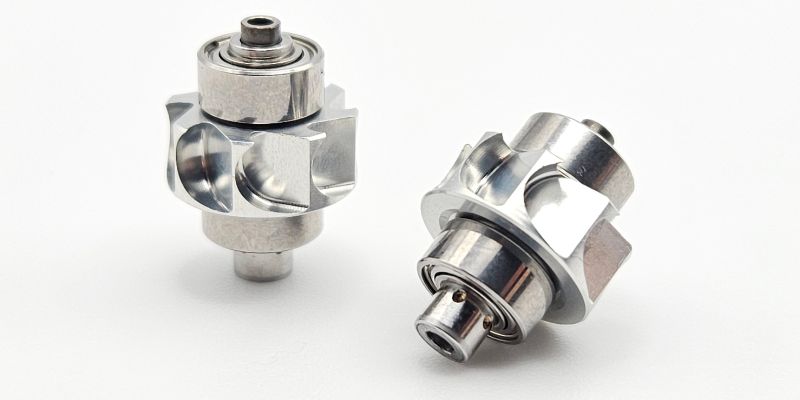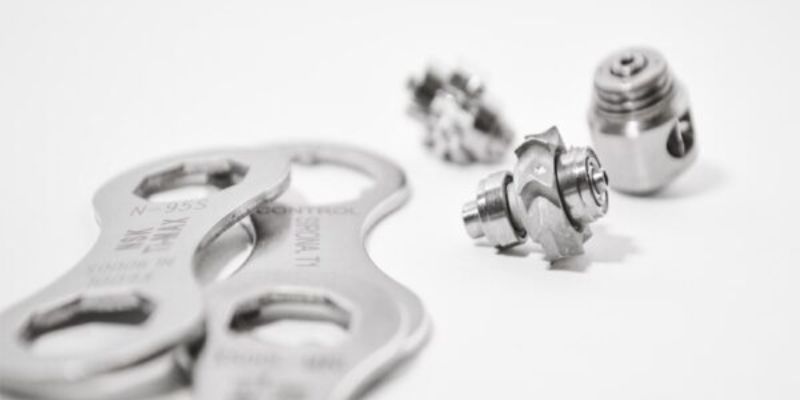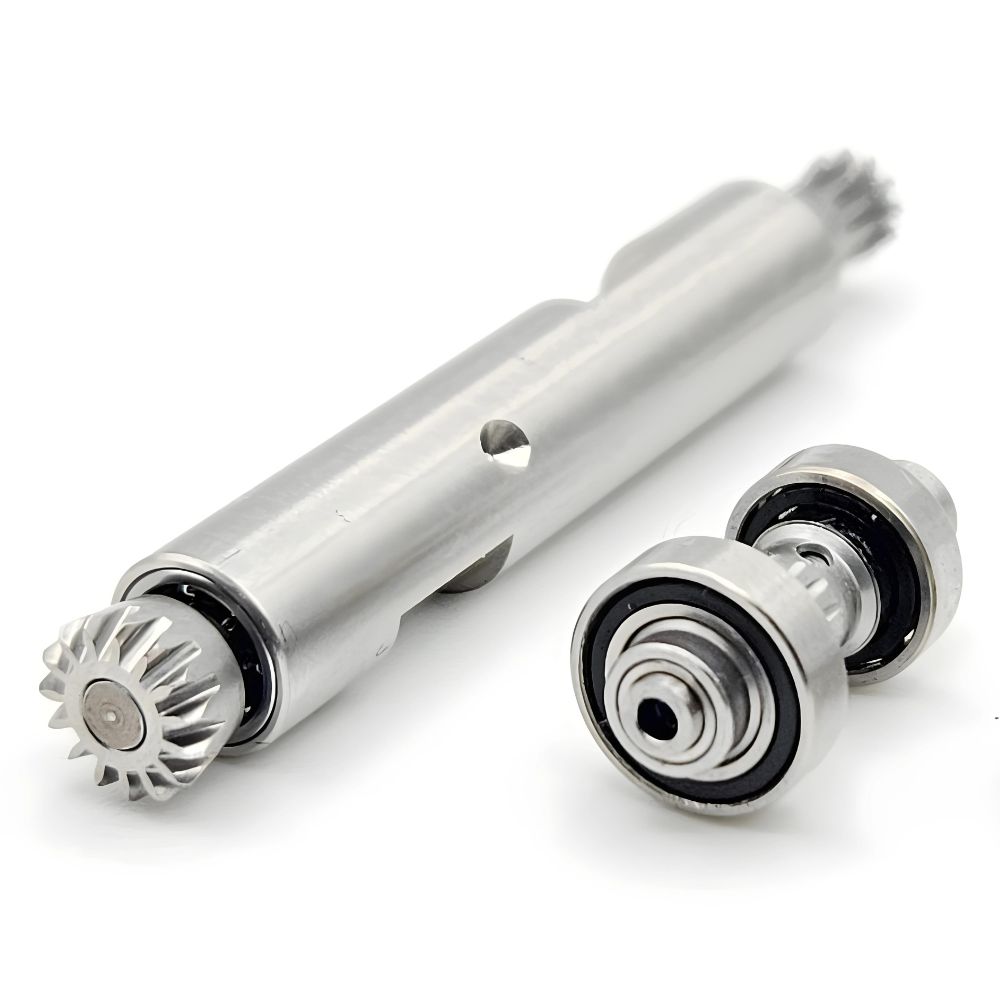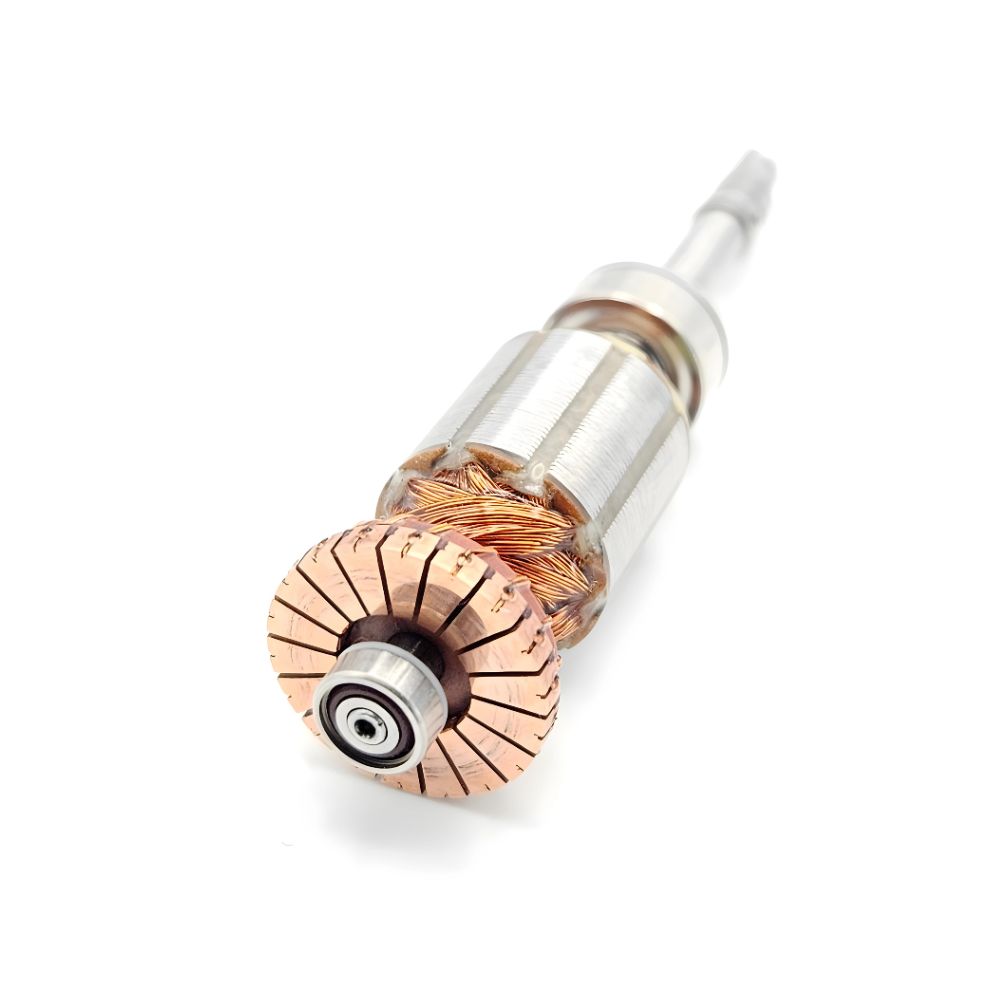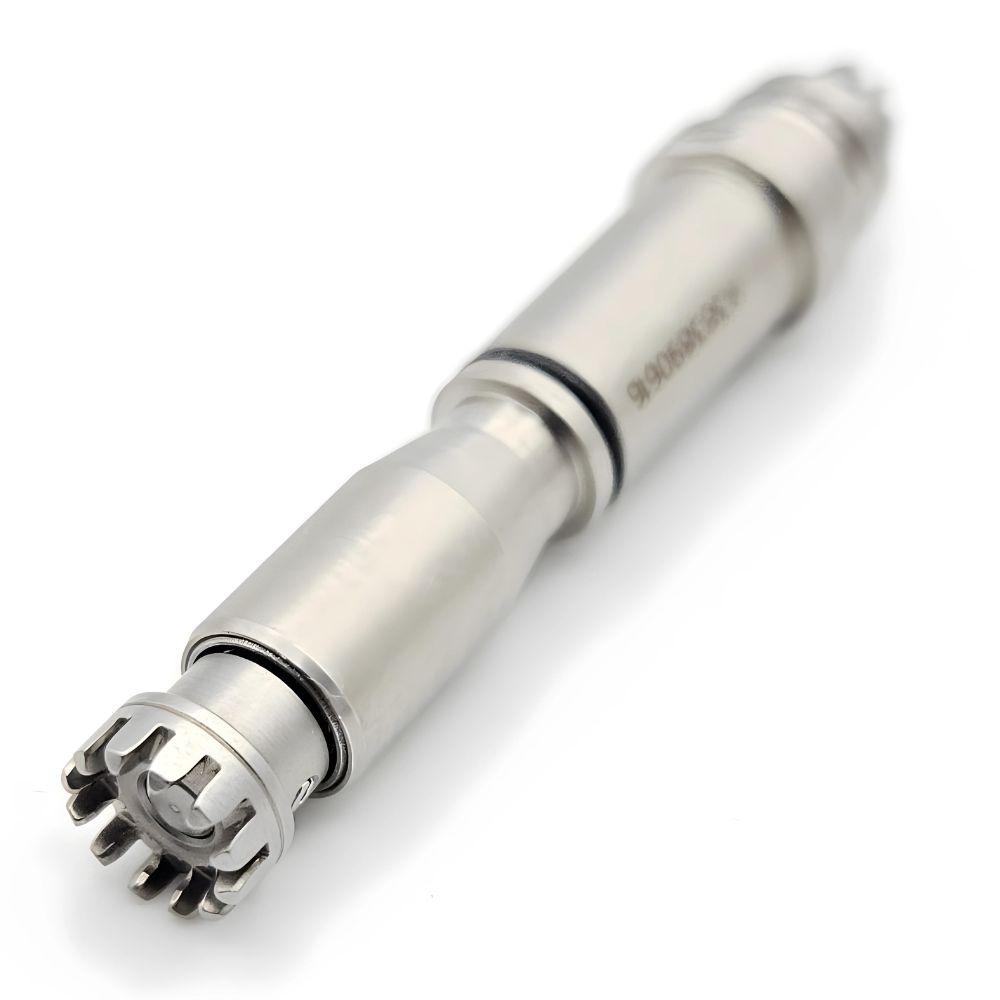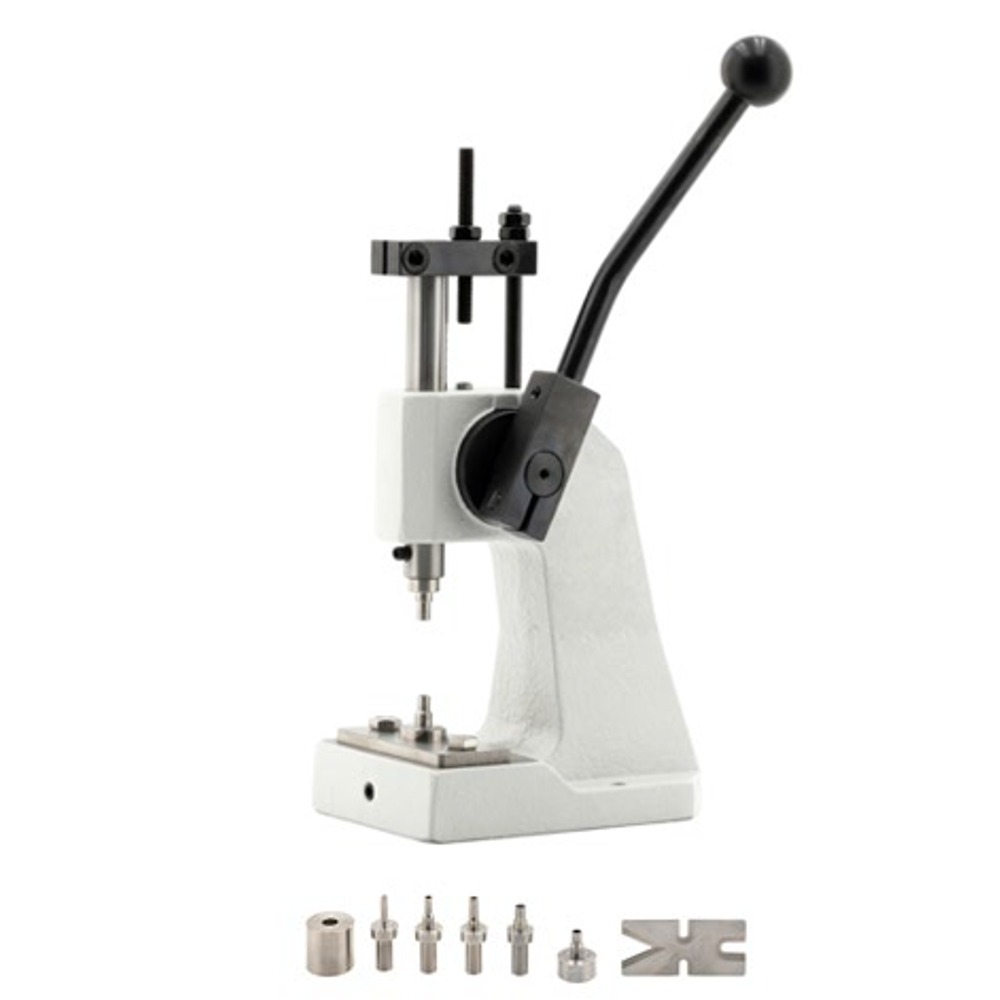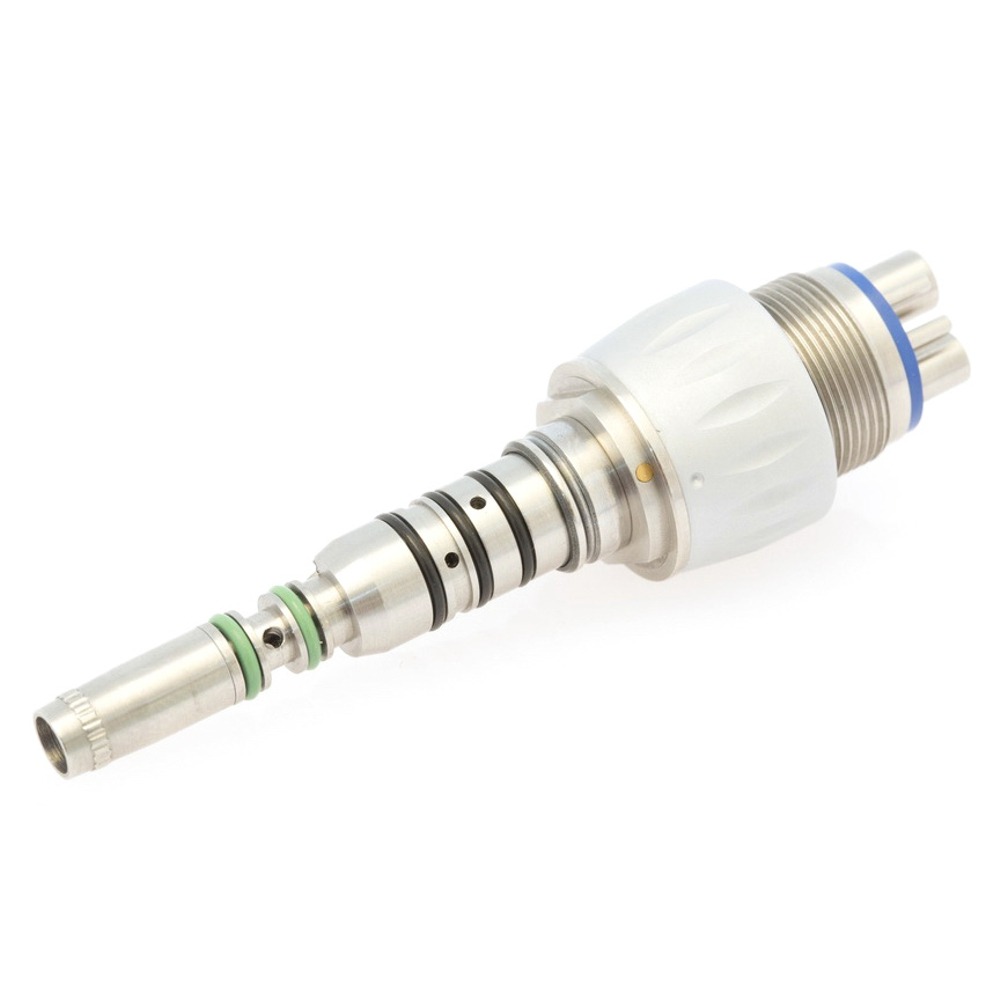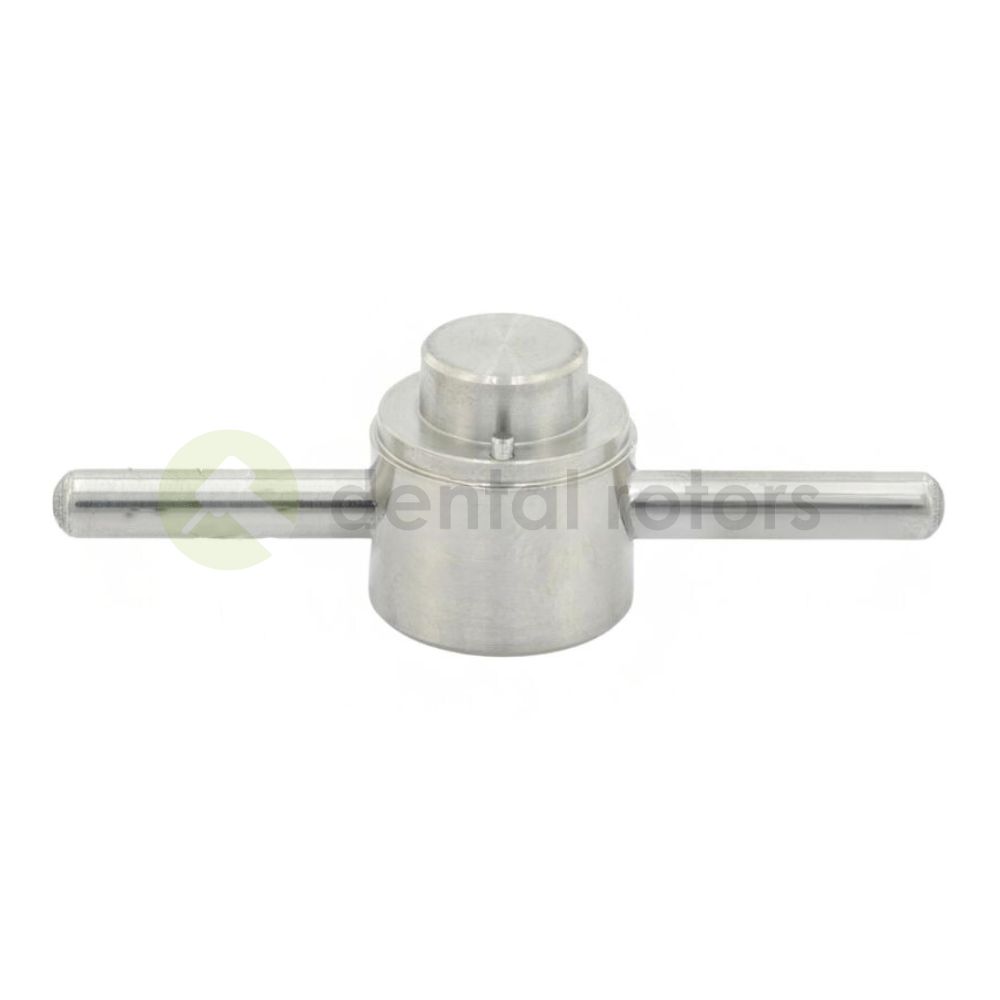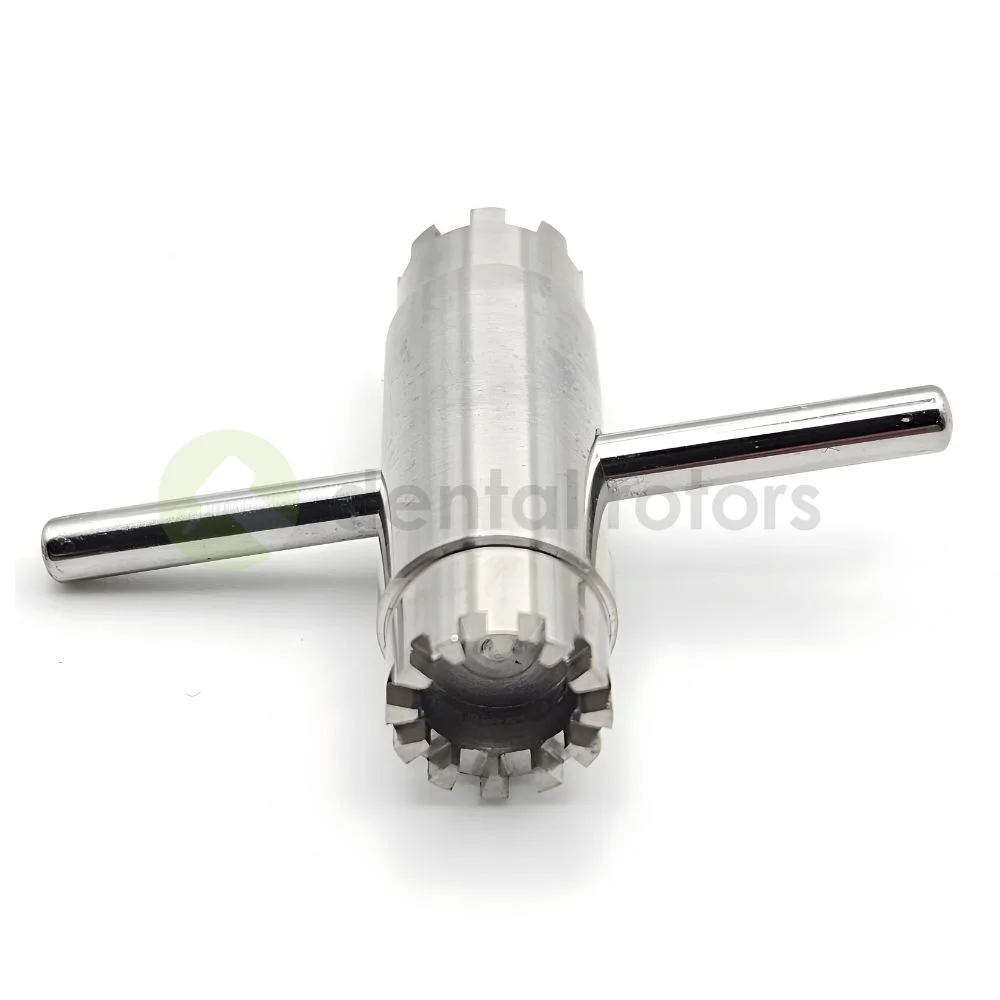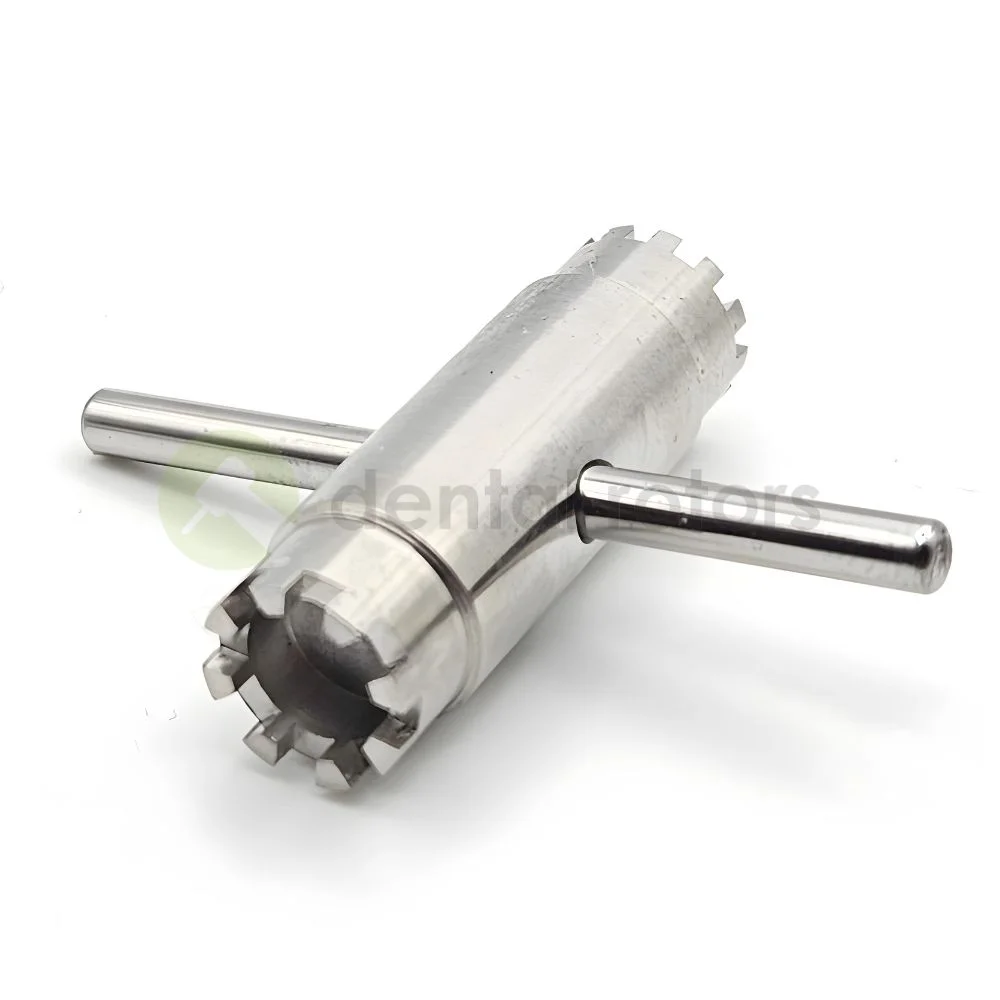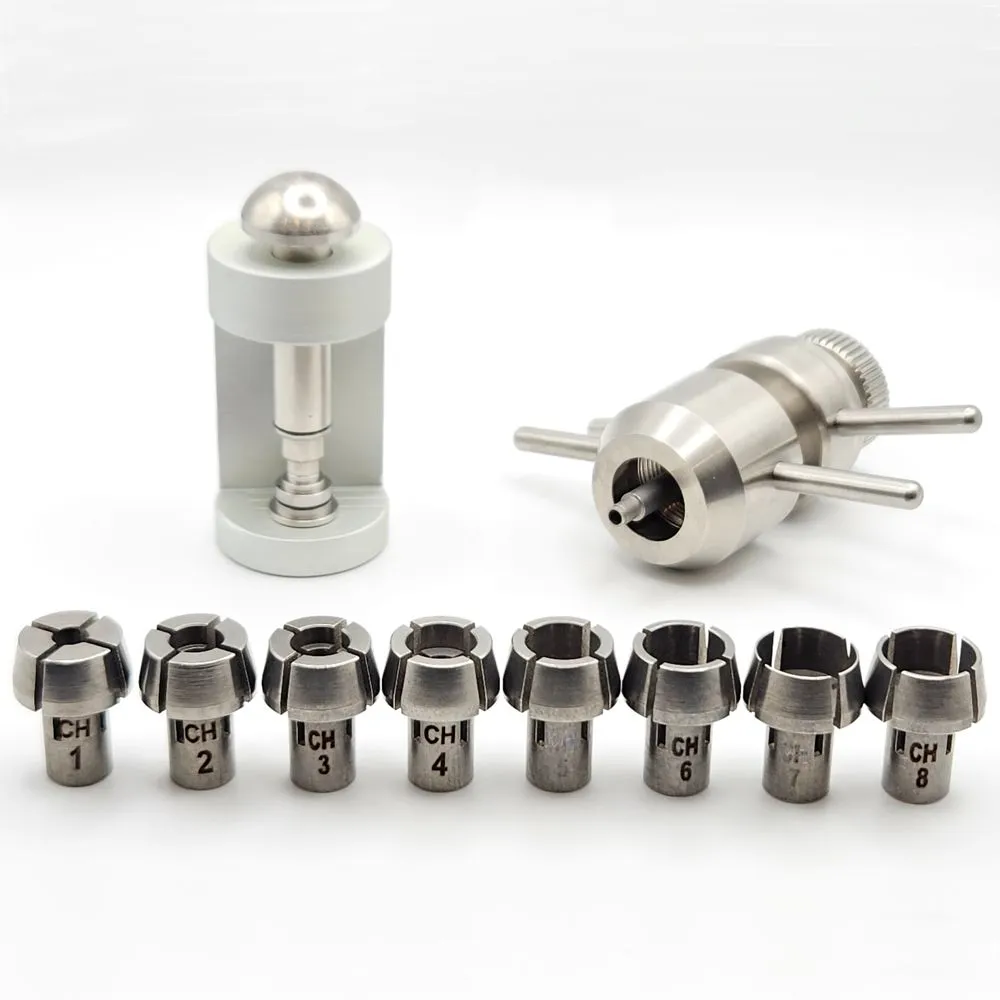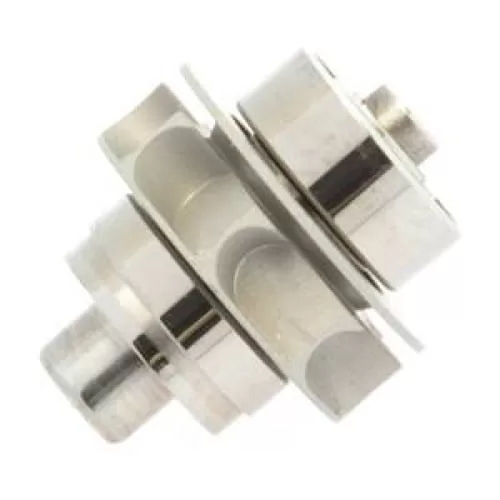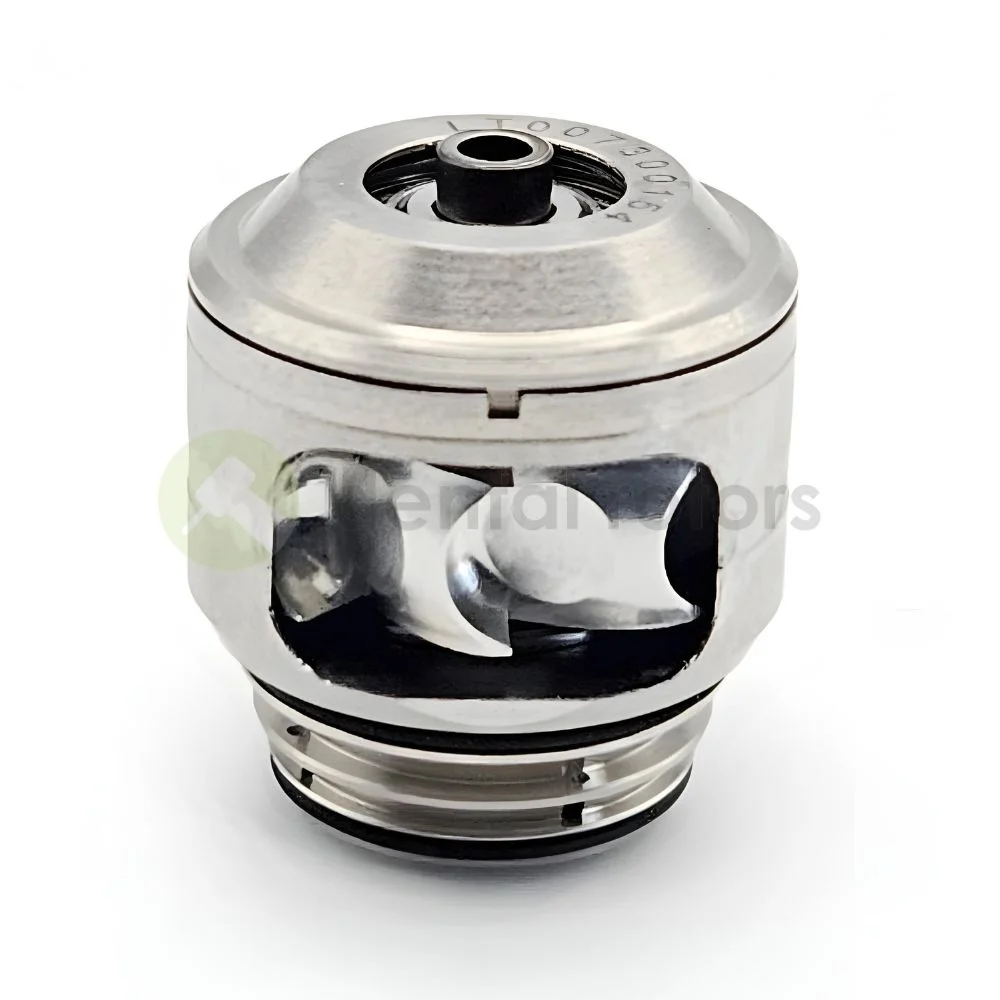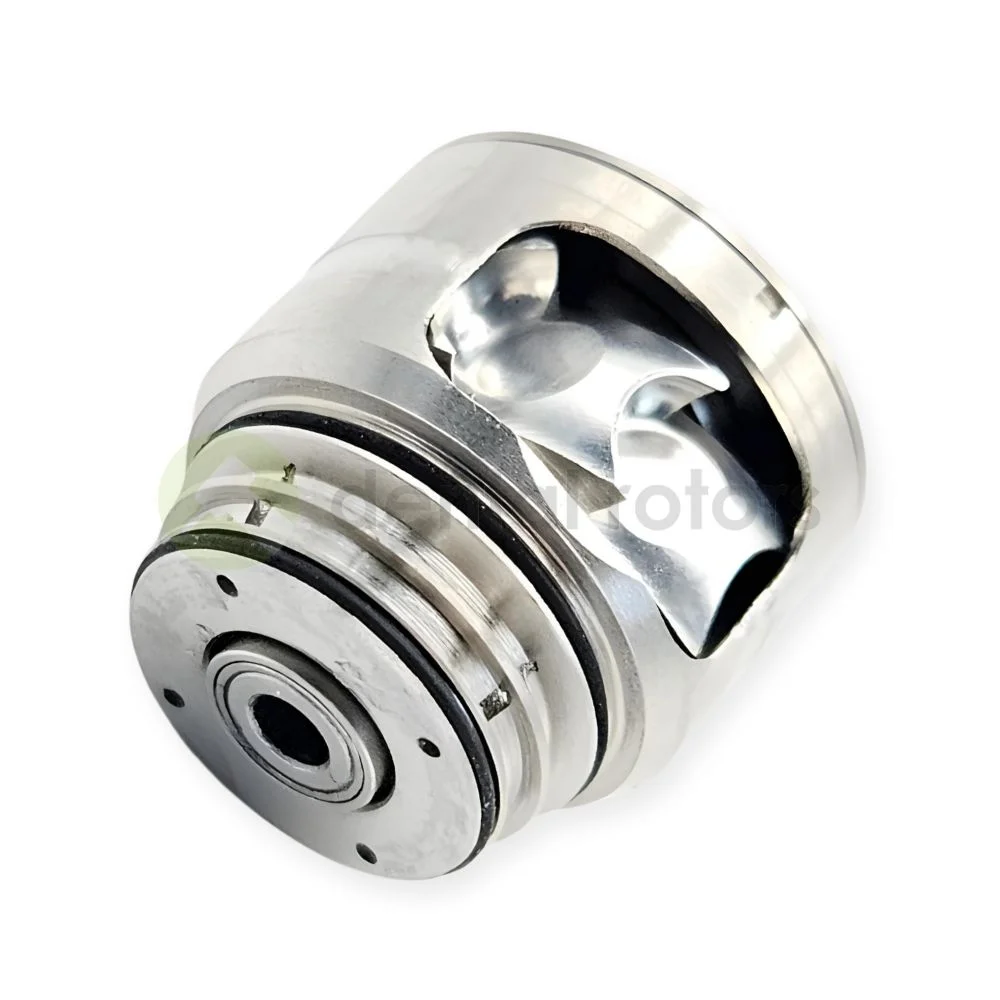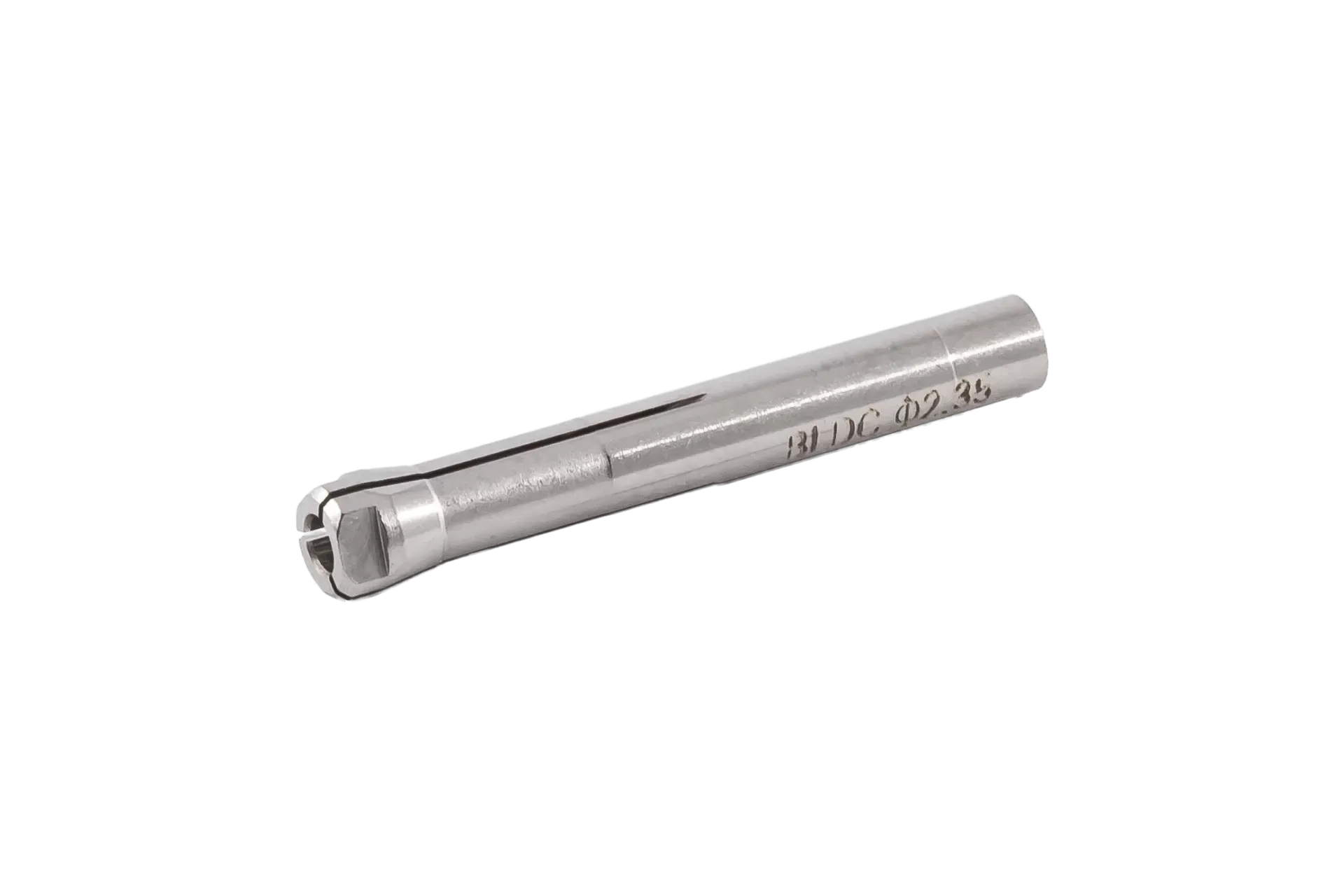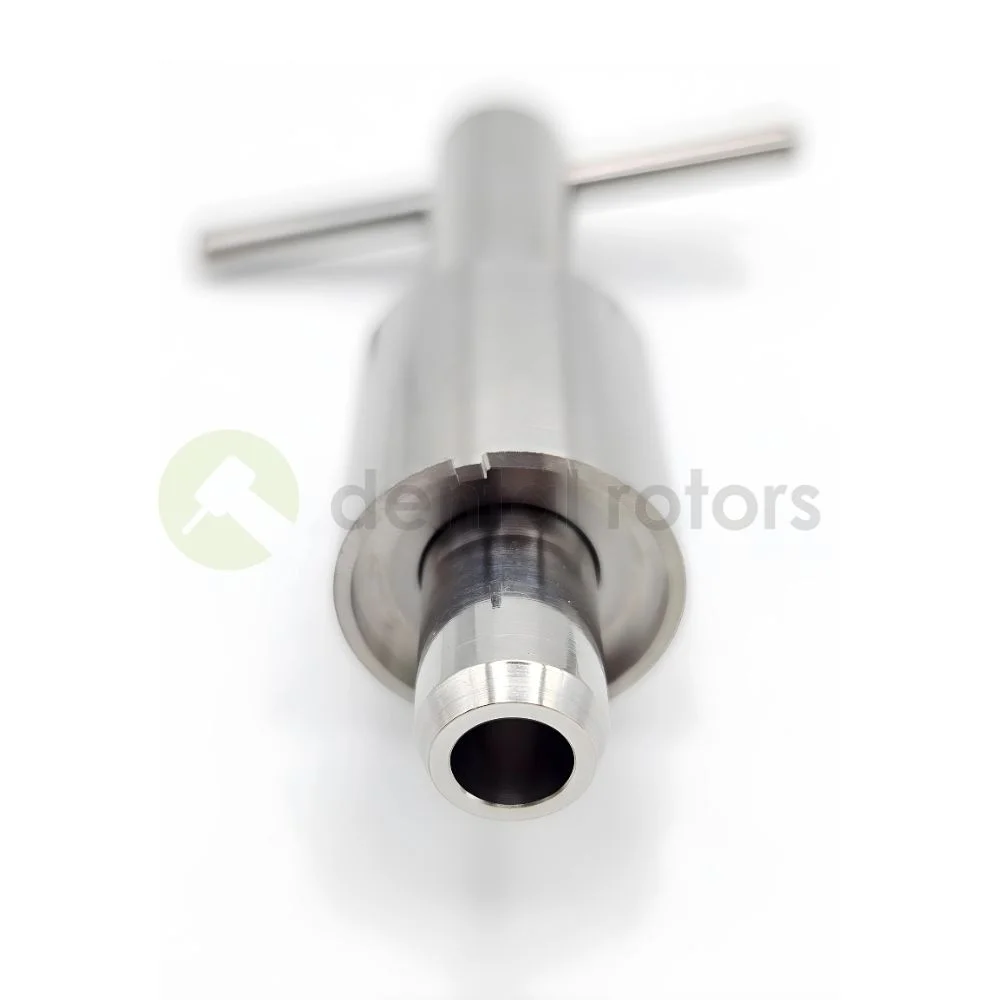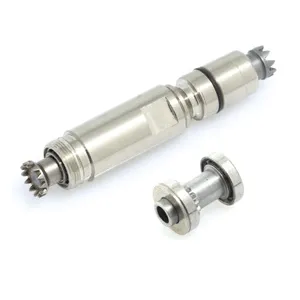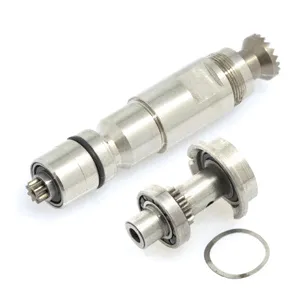Piezas de recambio de la pieza de mano superior
Productos dentales más vendidos
Productos dentales más vendidos
Herramientas KaVo Slow Speed
Rotores para KaVo
Rotores de micromotor
Rotores para NSK
Piezas de la pieza de mano
Acoplador KaVo
Piezas de la pieza de mano
Herramientas de baja velocidad NSK
Herramienta para Tuerca Base - Llave Trasera para NSK DT-260
Productos dentales más vendidos
Piezas de baja velocidad para W&H
Piezas dentales de primera calidad
Todas nuestras piezas de fresas dentales, Piezas de contraánguloy las herramientas son compatible con una amplia gama de marcas de piezas de mano conocidas en todo el mundo Nuestra empresa y nuestros productos no están relacionados en modo alguno con las empresas SIRONA, KaVo, BienAir, MkDent, Siemens y NSK.....
En nuestro sitio web disponemos de una amplia selección de piezas de repuesto para piezas de mano de primera calidad que son perfectamente compatibles con las piezas de mano dentales de alta velocidad de marcas mundialmente conocidas. Importante: los productos no están afiliados a empresas como SIRONA, BienAir, Siemens, MkDent, NSK y otras. Todas nuestras piezas giratorias se montan exclusivamente con calidad Premium alemana pieza de mano piezas a precios asequibles.
Turbinas de empuje alemanas
Cuando se trata de piezas de repuesto dentales, la calidad de estos componentes es primordial para garantizar tratamientos dentales fiables y eficaces. Nuestra tienda en línea se dedica a proporcionar recambios dentales que se diseñan y fabrican meticulosamente con materiales y tecnologías de vanguardia.
Tanto si necesita piezas de mano de alta velocidad, piezas de mano de baja velocidad o piezas de mano para laboratorio, nuestras piezas y herramientas están fabricadas para cumplir las normas más exigentes del sector en cuanto a durabilidad, funcionalidad y estética. Nuestros recambios de ingeniería de precisión se integran a la perfección con las estructuras dentales existentes, garantizando un rendimiento óptimo y resultados duraderos. Puede estar seguro de que nuestros recambios dentales durarán tanto como los originales.
Al elegir nuestros repuestos dentales de primera calidad, los profesionales de la odontología pueden ofrecer con confianza una atención excepcional, restaurando la salud bucodental de los pacientes y rejuveneciendo sus sonrisas. ¿Qué categorías de productos puede encontrar en nuestro sitio web? Entre la gama de productos, puede encontrar Rotores dentales y Turbinaspiezas como pulsadores, engranajes de cabezal, bombillas led y xenón, así como todas las herramientas necesarias para la reparación de turbinas dentales para piezas de mano de alta y baja velocidad.
¿Cuáles son las ventajas de los rotores dentales de calidad y las turbinas Push button?
Reparación de piezas de mano dentales Los kits de piezas como rotores/equipos de cabeza/equipos son adecuados para un funcionamiento cómodo a alta rotación sin molestias ni vibraciones para los dentistas y también para los pacientes. Otro componente importante del fresa dental de alta velocidad turbinas es que el impulsor está equilibrado dinámicamente, lo que elimina las vibraciones en las rotaciones de alta y baja velocidad. Sus piezas de mano de alta y baja velocidad funcionarán suavemente, sin vibraciones ni ruidos molestos para los pacientes y también para los dentistas. Todos los kits de turbina se venden con las juntas tóricas y arandelas necesarias para turbinas dentales y contra-ángulos de acuerdo con la guía del usuario del fabricante.
Piezas de turbinas de piezas de mano dentales
Nuestra completa dental piezas de la turbina de la pieza de mano se montan exclusivamente con rodamientos cerámicos alemanes de primera calidad que no se desgastan rápidamente. Todo el paquete del rotor supera el sistema de sujeción estándar ISO. Sustitución de piezas dentales puede hacerlo usted mismo. Comprar Piezas de la pieza de mano para precios al por mayor. Los distribuidores son bienvenidos. Entrega en todo el mundo

